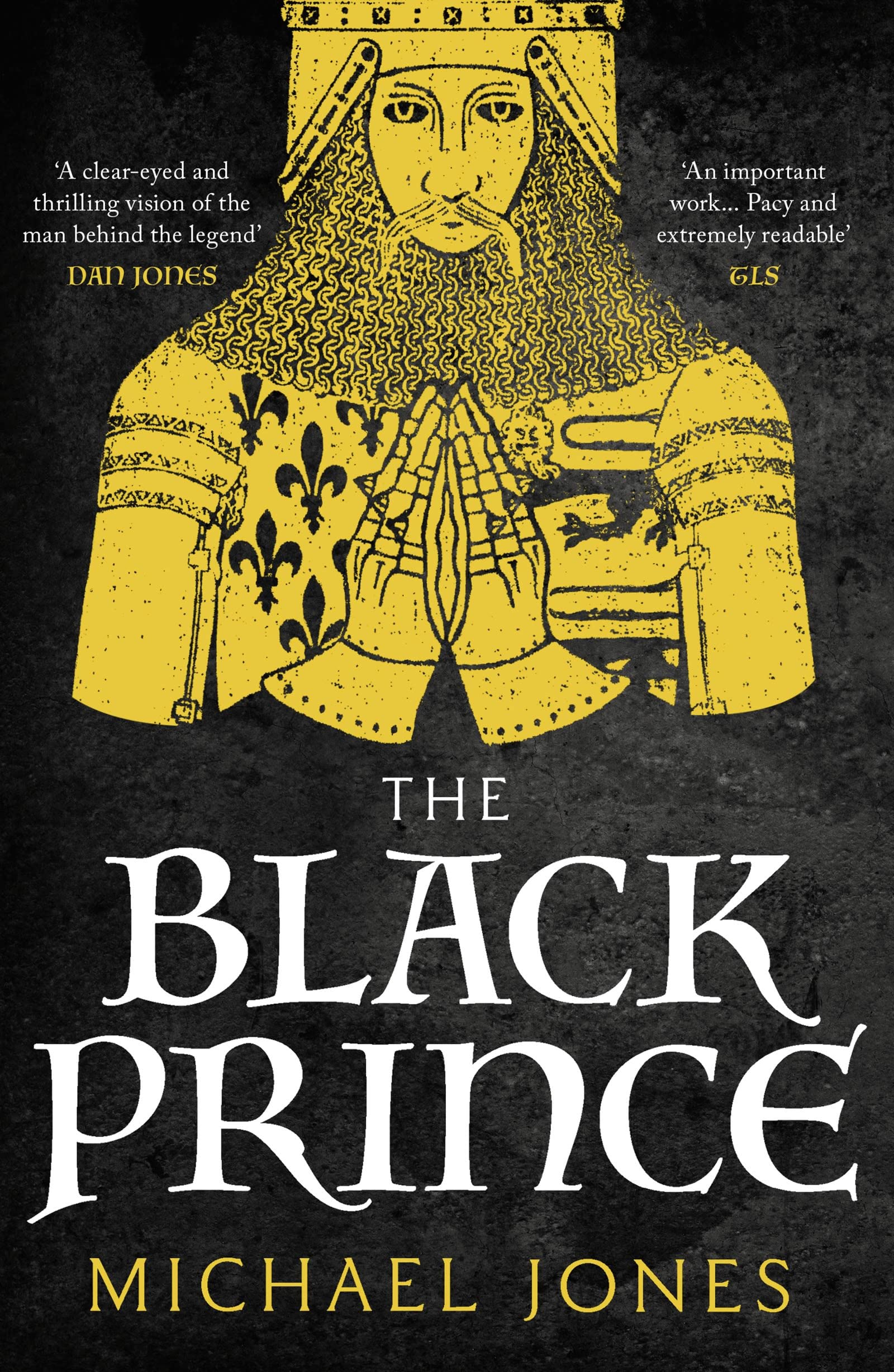Customer Services
Copyright © 2025 Desertcart Holdings Limited


desertcart.in - Buy The Black Prince book online at best prices in India on desertcart.in. Read The Black Prince book reviews & author details and more at desertcart.in. Free delivery on qualified orders.
Trustpilot
3 weeks ago
1 month ago
2 days ago
2 months ago